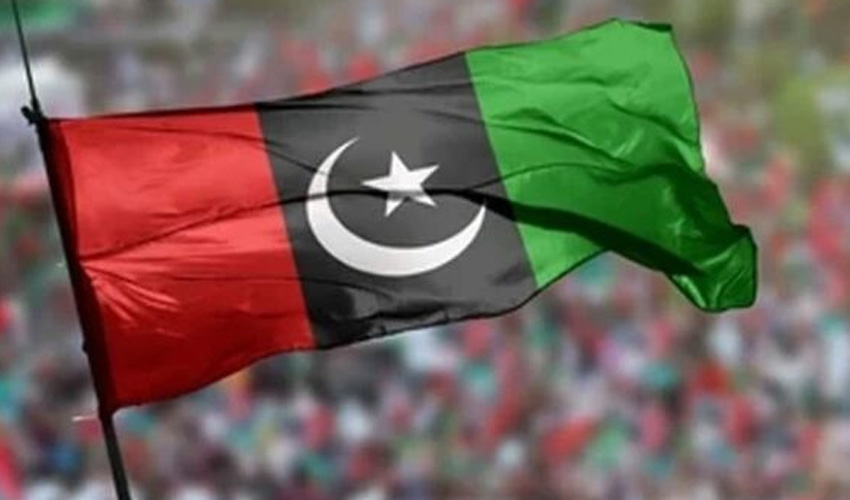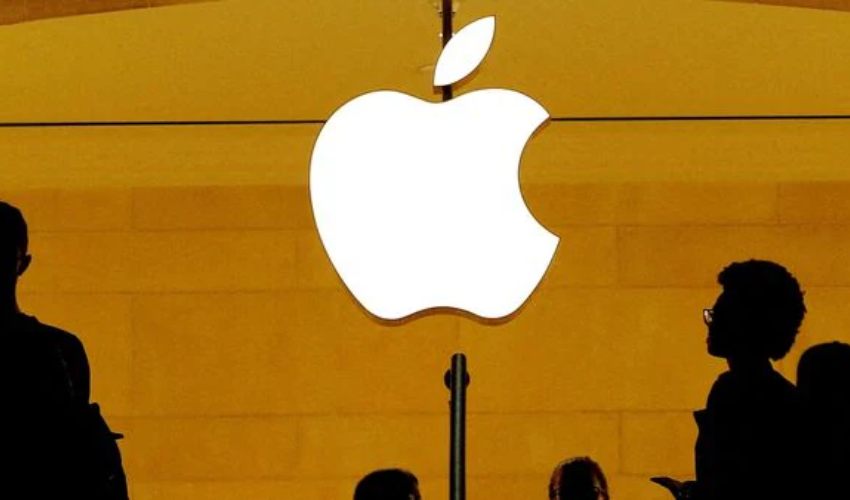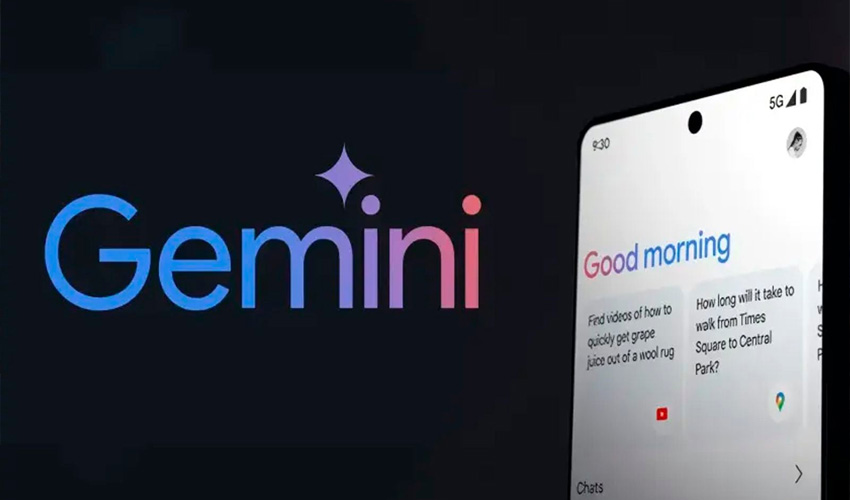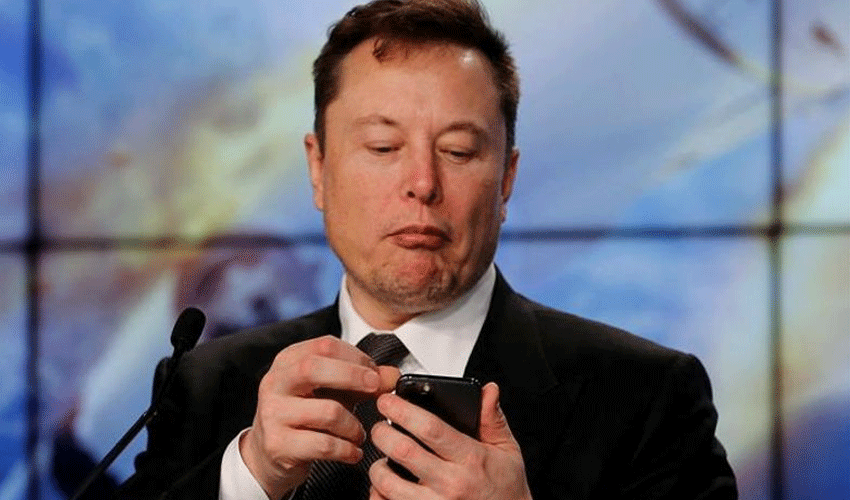A diplomatic rift deepened as a dispute erupted between tech entrepreneur Elon Musk and the government of South Africa over the exclusion of his satellite internet service, Starlink, from the country.
Tesla and SpaceX CEO Elon Musk asserted that Starlink had been prevented from operating in South Africa due to racial laws tied to black empowerment policies. He declared on social media, “Starlink is not allowed to operate in South Africa simply because I’m not black.”
Government officials in Pretoria firmly rejected Musk’s accusation. The Independent Communications Authority of South Africa (Icasa) stated that Starlink had not submitted a licence application for local operation. The Department of International Relations and Cooperation indicated that compliance with South African legislation could permit Starlink to enter the market.
South Africa’s black economic empowerment legislation mandates that foreign companies ensure at least 30 percent ownership by historically disadvantaged groups. This framework seeks to address economic imbalances inherited from the apartheid era.
Musk criticised these policies, which he perceived as restrictive for international firms such as his own. However, the Foreign Ministry countered this stance, noting that more than 600 American firms, including Microsoft, had operated successfully within these legal parameters.
Pretoria’s Communications Minister Solly Malatsi acknowledged the issue and proposed the exploration of alternatives to the ownership clause to facilitate Starlink’s entry.
Malatsi’s initiative, however, faced resistance from the ruling African National Congress (ANC), whose stance complicated any potential regulatory adjustments.
Despite its exclusion from South Africa, Starlink had launched in over 20 African nations, where it contributed to bridging widespread digital connectivity gaps.



























